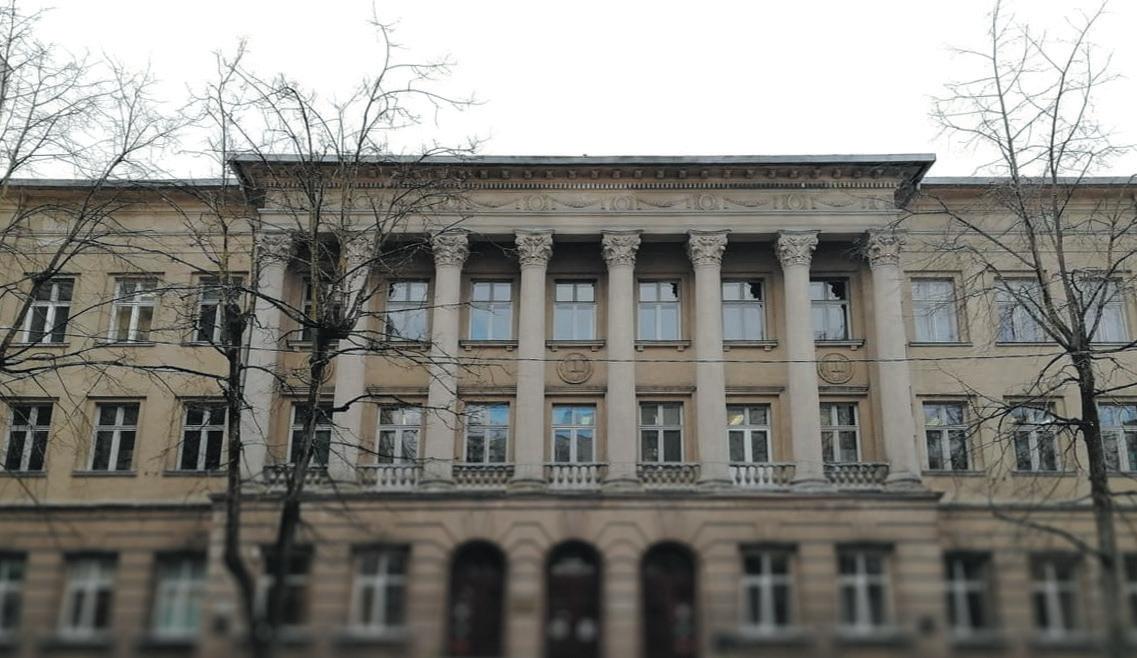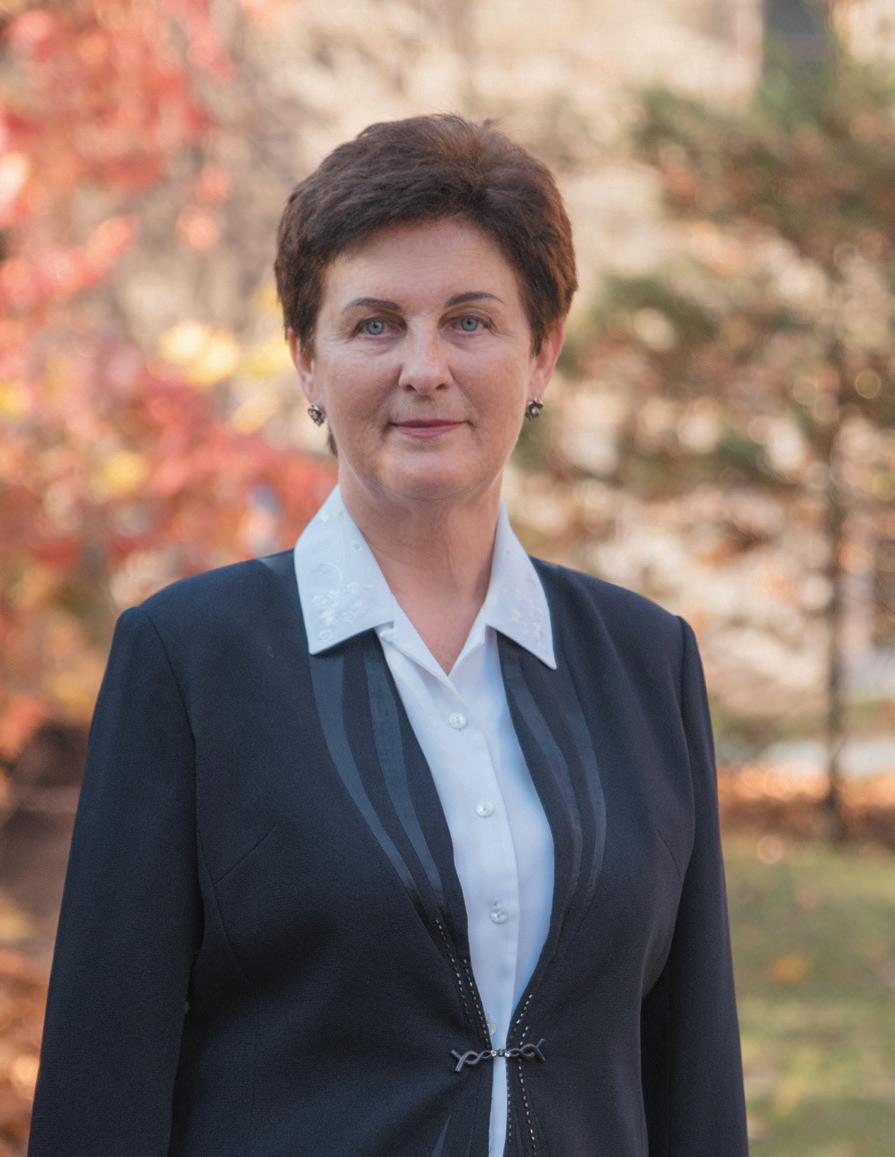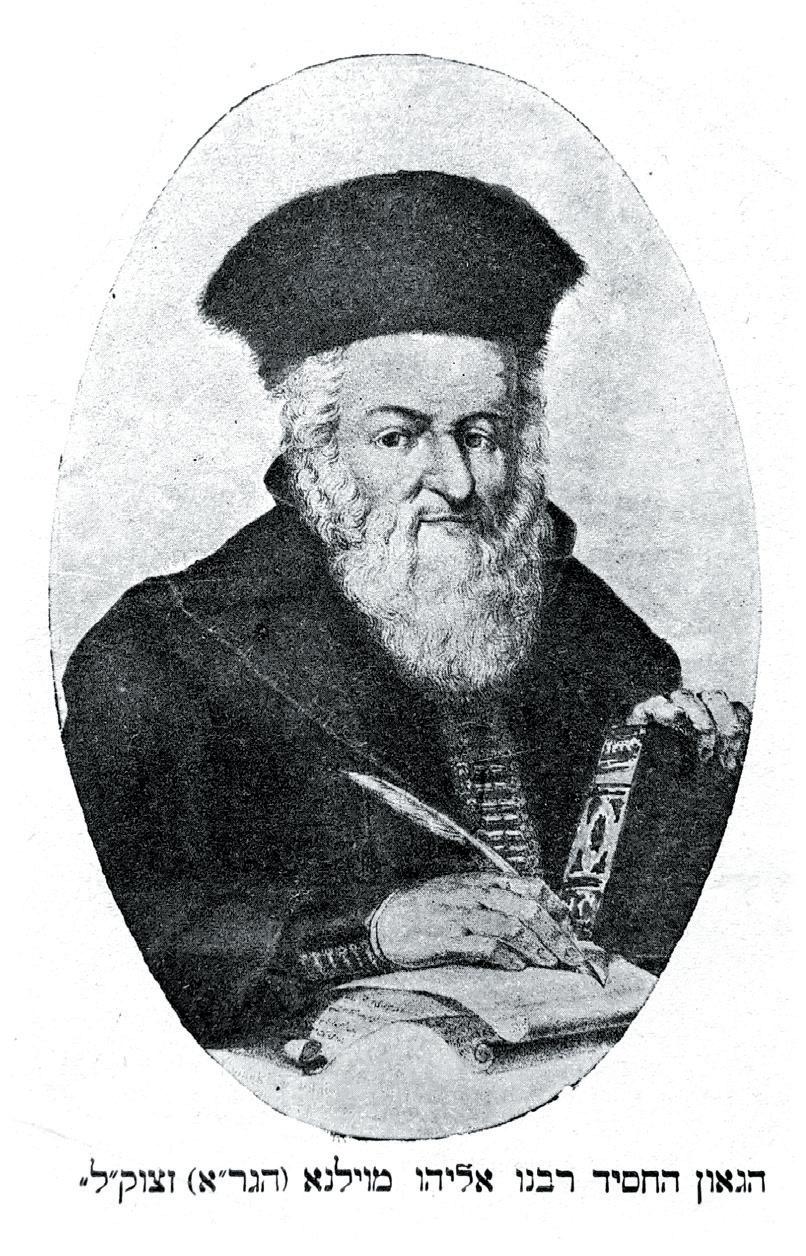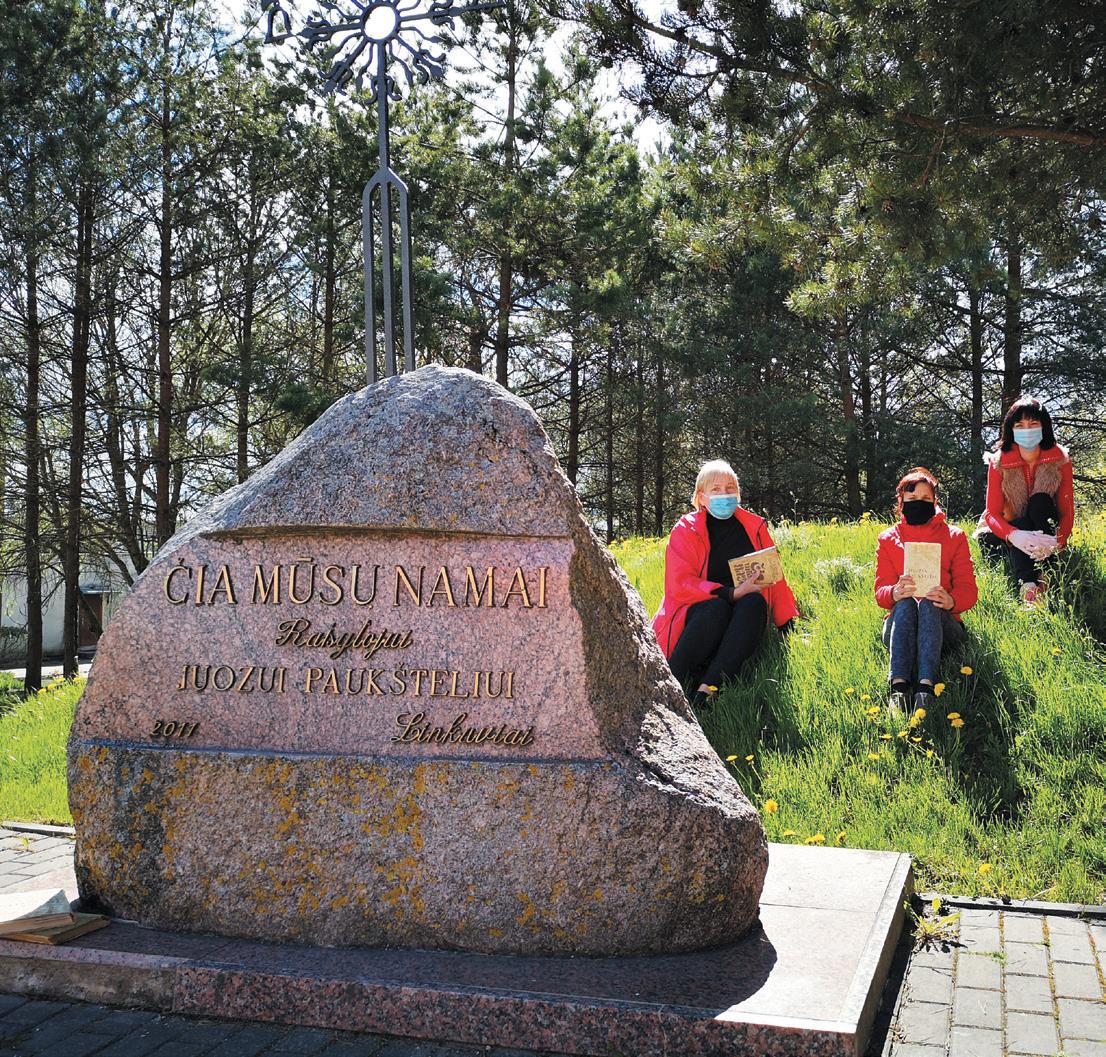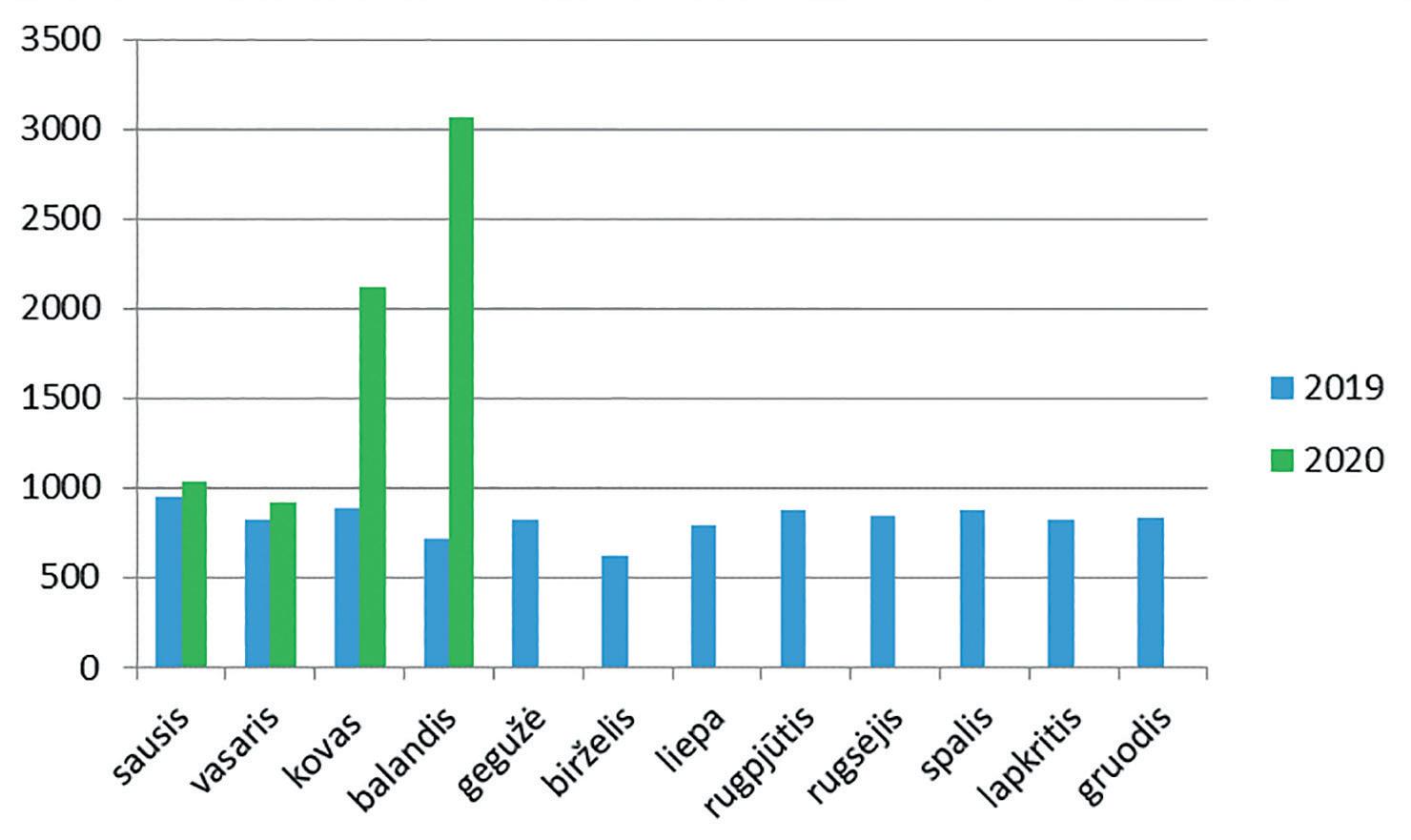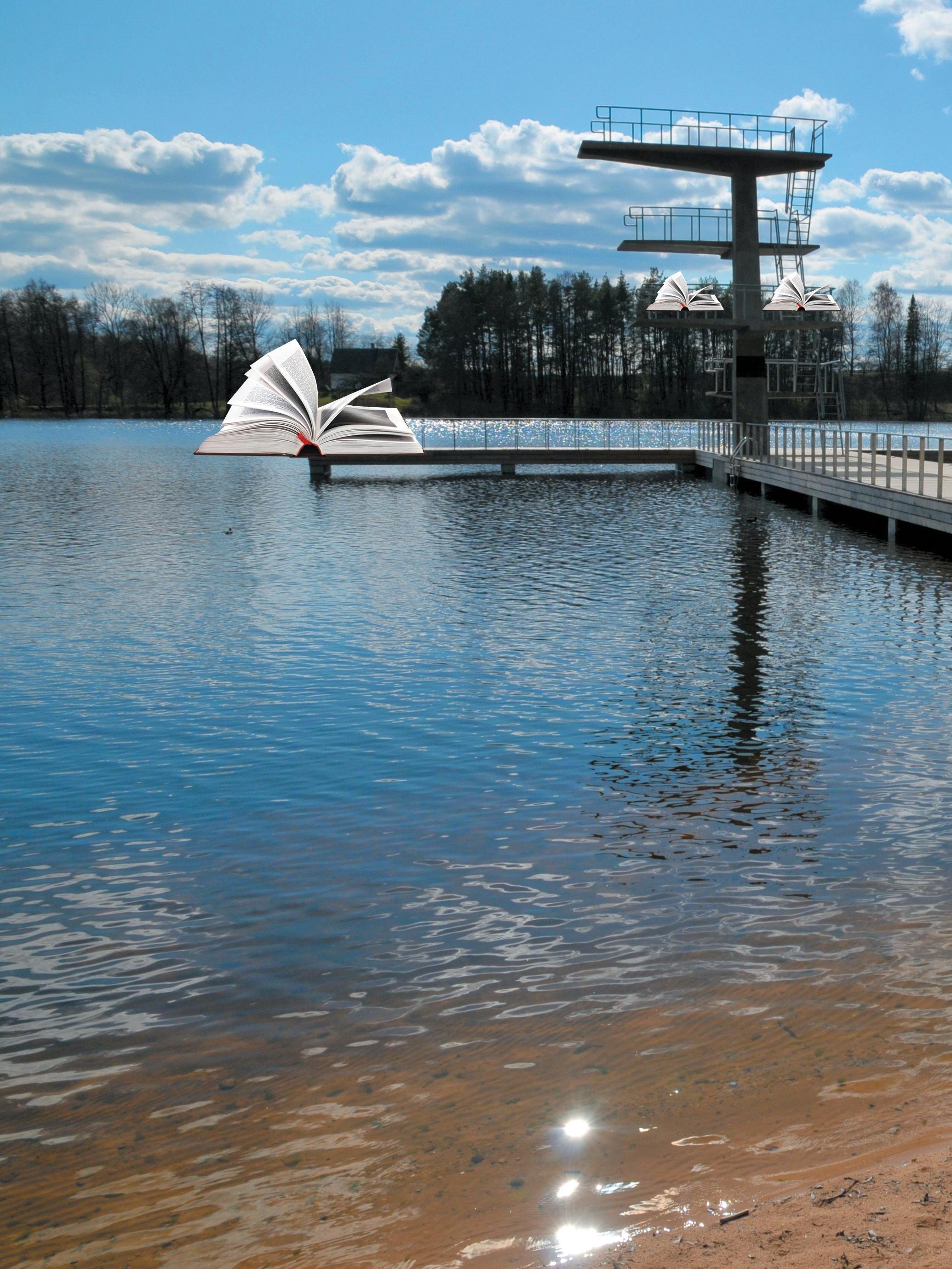
6 minute read
NAUJI LEIDINIAI
from 2020 05 - A
by TarpKnygu
Salvinija Kocienė. A Trustful Partner for Medical People and Researchers 1 This year Lithuania celebrates the 30th anniversary of the restoration of its independence. On this occasion, authors of the heading „#Gyvasžodis, professionals in their respective domains, share their thoughts about changes that libraries underwent during these three decades. The heading‘s guest is an executive of a specialized library, the Director of the Lithuanian Library of Medicine Salvinija Kocienė. She recognizes that with changing users‘ demands, it was necessary to reconsider the Library‘s priorities over the recent decades and that the Library‘s activities after the quarantine was declared in Lithuania because of the coronavirus pandemic showed that services under development during this period are really needed by users.
The Library of Medicine for Health-Care Professionals and Patients 3 It has been for eight decades that the Lithuanian Library of Medicine has been collecting information needed by health-care professionals, cooperating with health sciences higher educational institutions and taking care of professional education and development of specialists. Today the Library is also open for general public and consistently promotes authoritative information. It has become especially important during the coronavirus pandemic. (Prepared by Regina Vaišvilienė and Vaiva Markevičiūtė)
Advertisement
Silvija Stankevičiūtė. „Lithuania Reads!“: Encounter with Classical Authors 6 It is for the sixth time that the Lithuanian Publishers Association and the Lithuanian Association of Printing Industries together with partners is organizing the campaign „Lithuania Reads!“, during which Lithuanians and Lithuanian-speaking world citizens are encouraged to pick up a Lithuanian book and read together. The motto of this year‘s campaign is “Discover the classics!“. The motto has been responded by libraries and communities as well as literature aficionadoes. What was different this year and which traditions were retained? The publication is about the most popular and interesting events of this year‘s campaign.
Daiva Janavičienė. Library Services in Line with a Business Model? 9 Library services are generally free of charge: customers pay only for a small portion of their cost. The factor determining the continuity of a service is not its cost-effectiveness but readers’ demands. The senior methodologist at the Library Science Unit of the Martynas Mažvydas National Library of Lithuania Dr. Daiva Janavičienė surveys the concept of services provided by libraries and other non-profit organizations and analyses what determines the customers’ satisfaction for the services received and speaks about how to recognize the readers’ demands.
Julija Glosaitė: “Echo of Childhood Library Games” 13 What is it that attracts people to libraries? Why is it important not only to attract and engage users but also establish permanent relations with them? The answers to these questions are given in the interview with the marketing manager at the Vilnius Municipality Central Library Julija Glosaitė, who has been elected the Best Young Librarian 2019 for professionalism in the development of library services. (Interviewed by Vaidenė Grybauskaitė)
Dalia Jaskonienė. How to Employ Social Networks for the Success of Libraries? 16 Social networks are becoming a popular means for the interaction of institutions. In March–April 2020, the Martynas Mažvydas National Library of Lithuania conducted the survey “Social Networks as a Tool for Library Activities”. The purpose of the study was analysing the potential of public libraries in promoting libraries’ resources and services by creating content in social networks. The survey was done by using a questionnaire. In this publication, the senior methodologist at the National Library’s Library Science Unit Dalia Jaskonienė surveys data received from Lithuania’s five county public libraries.
Lara Lempertienė. The Written Heritage of Vilna Gaon at Lithuania’s National Library 22 The editorial board of Tarp knygų prepares a series of articles introducing documentary heritage objects included into the Lithuanian National Register of UNESCO’s Memory of the World Programme in 2019. This volume features an article by the Head of the Judaica Research Centre at the Martynas Mažvydas National Library of Lithuania Dr. Lara Lempertienė about the historical context which predetermined the origination of a representative collection of works from the 18th–20th centuries by Elijah ben Solomon Zalman (1720–1797) known as Gaon of Vilna. The National Library holds about 70 works related to this Jewish thinker.
Tomasz Błaszczak. The Diary as a Historical Novel 25 In this publication, the researcher of the Lithuanian Studies Unit at the Martynas Mažvydas National Library of Lithuania Dr. Tomasz Błaszczak introduces Dienoraštis (“The Diary”) by Władysław Wielhorski published by the Library. The compiler of the publication says that the idea to publish the book emerged almost immediately after the manuscript of the diary was discovered in the National Library’s collection. It became obvious that it was a completely unknown and previously unpublished work by the activist and publicist Władysław Wielhorski (1885–1967), the judgement of whom is mixed in Lithuania. The diary was being written in 1915–1917 and is about the every day life at an estate in Samogitia during World War I.
Tomas Petreikis. Listing Through a Compendium on Book Culture in the Šiauliai Region 28 A new solid publication has appeared: Šiaulietiška spauda XVI–XXI a.: leidybos, platinimo ir saugojimo įstaigos (“Printing in the Šiauliai Region in the 16th–21st Centuries: Publishing, Distribution and Preservation Institutions”). It is about the book culture of a particular region. Its author is the well-known ethnographer and lawyer Jonas Nekrašius, who has published more than 20 informative books and over 2000 research and science popular articles on various culture history topics. Dr. Tomas Petreikis, a researcher at the National Bibliographic Control Unit of the Martynas Mažvydas National Library of Lithuania, who introduces the book in this volume of Tarp knygų, says that this publication of six parts contains essential information on all topics related to book culture.
Rita Grišienė. A Modern Approach Towards Žemaitė in Kelmė 30 The Director of the Kelmė District Municipality Žemaitė Public Library Rita Grišienė speaks about how this Library fosters the memory of this Lithuanian classical literature author. When the Library was named after Julija ŽymantienėŽemaitė (1845–1921) 25 years ago, the writer’s survived material heritage had already found its way into museums and other organizations. The Library had to find other ways to monumentalize Žemaitė and promote her heritage in the Kelmė Region. One of these ways is encouraging a different, broader, approach towards Žemaitė’s creative heritage.
Jurgita Kristina Pačkauskienė. A Loved Father, Grandparent and Vilnius Resident 33 There is a large archive of the Dobužinskises family preserved at the Rare Books and Manuscripts Unit of the Martynas Mažvydas National Library of Lithuania. The artist and stage designer Mstislavas Dobužinskis is a subject of several books, but there is less information about his father Valerijanas Dobužinskis (1842–1921). The researcher at the National Library Dr. Jurgita Kristina Pačkauskienė, by drawing on documents from the Library’s collection, takes a look at a resource which has been little investigated, letters, photographs and personal documents of the descendent from a nobleman family of the Grand Duchy of Lithuania Valerijanas Dobužinskis.
Aušra Vaškevičienė. A Revival of Remote Services During the Quarantine Period 36 After quarantine was declared in Lithuania, libraries temporarily suspended physical servicing of users and entirely focused on providing remote services. At the Martynas Mažvydas National Library of Lithuania, this decision justified itself to a full extent: statistics shows that users willingly embraced the offered possibilities. The Director of the National Library’s Services Department Aušra Vaškevičienė delights in the fact that the demand for some services (reading e-books and use of subscribed databases as well as virtual cultural heritage resources) increased several times. Translated by Tomas Auškalnis

